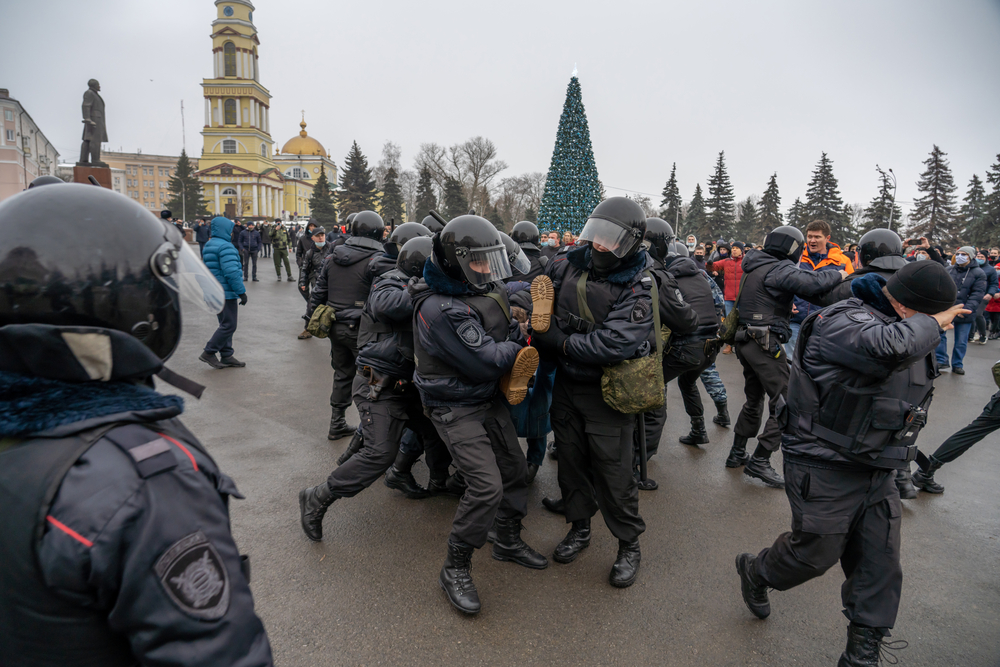Sergey Davidis, a specialist on political prisoners at the Memorial Human Rights Center in Moscow, says that 2021 saw an attack on human rights “unprecedented” in the 30 years since the Russian Federation acquired state independence in 1991.
This attack took the form both of increased violations of the law and constitution by the authorities and also the form of the adoption of new legislation which undermined the human rights principles that remain enshrined in the Russian Constitution but are no longer observed, he continues.
Related: Shuttering Memorial – part of Kremlin’s preparation for expanded war against Ukraine, Chubais says
Among the repressive new laws are the following:
- Individuals and unregistered NGOs can now be classified as "foreign agents," and the list of activities that qualify them for such designation has increased.
- Freedom of assembly has been restricted with any rally involving more than 500 people now automatically classified as "electioneering" and banned without permission of the state.
- Criminal liability for involvement with “’undesirable’” organizations has been expanded and simplified.
- The vague term of "criminal hooliganism" has been expanded, with only the threat of violence needed rather than any action now leading to a sentence of up to five years in prison.
- Threatening to block public transportation arteries is now equated with and punished in the same way as actually blocking them.
- New laws impose prison terms for those convicted of disseminating “intentionally misleading information” about World War II.
- Those who donate to an organization convicted of being "terrorist" are now banned from being elected to any government office for three to five years. And in another sleight of hand, past contributions done before an organization received such designation can lead to the same penalties.
- The government now has the power to insist that anyone engaged in public lecturing follow approved themes and register with the authorities or face criminal sanctions.
In the course of 2021, Davidis says, law enforcement has been if anything even more outrageous in its violation of human rights than the law makers. It began the year with the crackdown on Alexei Navalny and his supporters and ended it by shutting down the Memorial human rights effort.
Related: “An attempt to ban memory.” Why Russia wants to shut down its top human rights NGO Memorial
In between, it persecuted Ingush
protest leaders, Navalny organization activists, and those who supposedly offended the sensibilities of veterans and the Russian Orthodox Church.
“Only the most notorious law enforcement and law-making trends have been listed here. … The black-box nature of the Russian state makes it impossible to reliably determine the reason behind this disproportionate use of such severe measures,” Davidis says.
But there are several obvious explanations.
“One thing however is certain, Davidis concludes. The trend line seen in 2021 shows no sign of changing for the better in 2022.
Read More:
- The system of torture and rape in Russian prisons was imposed by Moscow, GULAGU.Net activist says
- President of Memorial: Russian rights activists who backed Russia’s return to PACE repeated error of liberals in 1993
- ‘Authoritarian international’ emerging to fight democracy and human rights, Shaburov says
- Russia’s moves toward fascism come ‘not just from Putin,’ Russian human rights campaigner says
- Under the guise of human rights and anti-globalization: how Russian influence agent Alexander Ionov works
- After gutting independent media, Lukashenka regime comes after human rights activists
- Seven years of occupation of Crimea: human rights activists systematise human rights violations on peninsula

